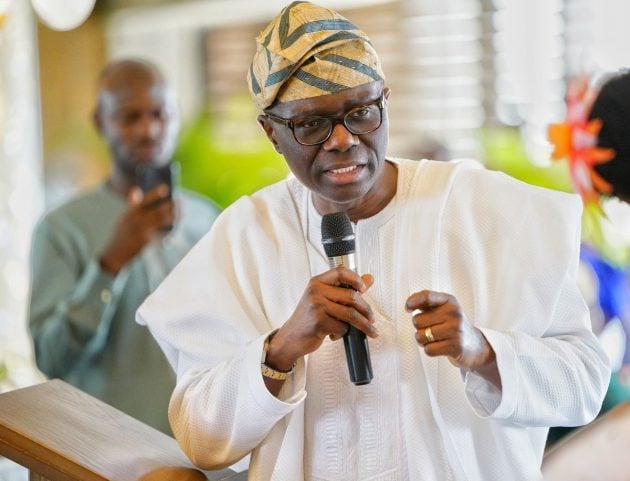The sexual harassment prohibition bill has passed second reading at the senate.
The bill, sponsored by Ovie Omo-Agege, deputy president of the senate, was passed on Wednesday after he moved a motion for a debate on it.
Omo-Agege said if the national assembly had acted earlier, some victims of sexual harassment would not have spent unnecessary years in higher institutions across the country.
The senator said passing the bill would not only send a strong signal but ensure that students are not at the mercy of “sexual predators”.
Advertisement
“Mr President, had we acted earlier, many respected married women seated in their homes and possibly even here or watching us right now online or on live television, would have avoided the trauma of sexual harassment that still torments them till date,” he said.
“Some would not have spent more years in school just because they dared to stand their ground against vicious and wicked sexual predators in many of our universities.
“Had we acted earlier, Miss Shola, a brilliant student of University of Ibadan (as reported by Vanguard) may not have been scored 40 marks instead of the 60 marks she believes she deserved. Her offence was being bold enough to reject amoral advances of a lecturer.”
Advertisement
Commenting on the bill, Senate President Ahmad Lawan said everyone desires to see a society where women “are fully protected and hopeful that no harm will come their way whether they are in educational institutions or anywhere else”.
Lawan said there is need for the protection of other women in other sectors such as banking.
“The recent events in some of our institutions was a disgrace. We are cultured people. We as a nation will always protect our females regardless of their status,” he said.
The bill was passed after it was put to a voice vote by Lawan.
Advertisement
The proposed legislation which prescribes up to 14 years jail term for offenders was reintroduced at the senate in October following a documentary that exposed sexual assaults in West African universities.
The documentary was released by BBC Africa Eye.
Add a comment







